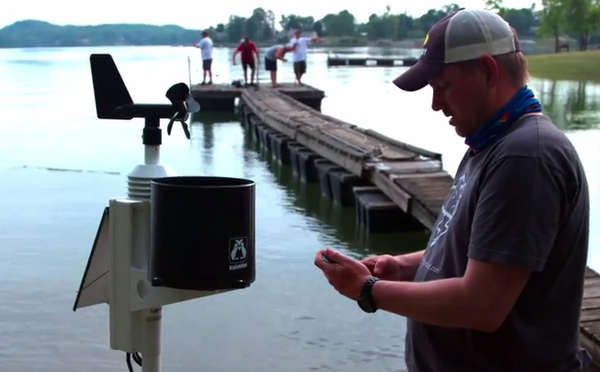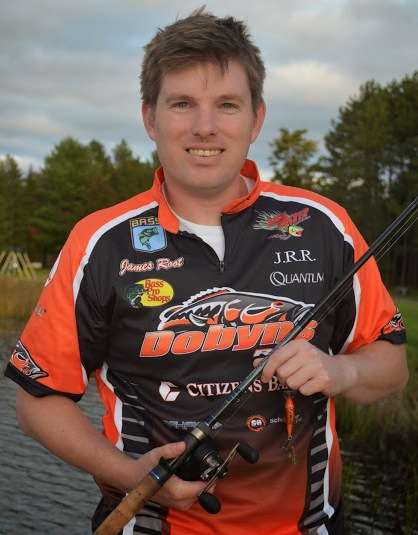
PLATTSBURGH, N.Y. — A friend of mine, Chris Murphy, sent me a text when I got home from Plattsburgh that read “Gerald Swindle said if you want to be a professional bass angler, you better learn to lose.”
There’s an enormous amount of truth in that. And like the saying goes, the truth hurts.
I hate losing. Hate it. I work so hard studying, preparing, reading, studying, maps, forums, blogs, maps, charts, practice. You have to devote that time to compete at this level. It’s exhausting, but when it all comes together, it can be sweeter than honey. And then your motor gives out, and you’re left with only what could have been. That’s life on the water. Weather can be your best friend — and your worst enemy.
I knew it would get nautical on Thursday. I got a tiny taste of it on Monday (July 28), and the forecast was for harsher conditions. I didn’t expect waves that would push 7 feet. I knew my spot would produce fish because I had data that supported that. There are places like that, where you know that either the wind will blow from the west so this spot will be good, or there’s a north wind so this spot won’t be good but this one will be, and it starts to come together.
That’s the benefit of having my weather station. It’s not a crystal ball. It doesn’t tell me what to do. It tells me what I’ve done and what I saw, to prepare me for the future. Every entry I make brings me one step closer to the trophy.
I had never seen weather that bad at Champlain, so I couldn’t know what it would be like, exactly. I just had an idea. Next time, I’ll have an even better idea.
That’s what fishing is. That’s what studying weather is. This relationship between the two things is so yin and yang. It's why we call it “fishing” and not “catching.”
When I was leaving Champlain, I got asked the same question that I was asked at Douglas: “So the weather station didn’t really help you then, did it?”
One piece of equipment against the greatest in the world doesn’t bring you a win overnight, but it still helped me. On paper it might not look like it did, with two poor finishes. But the results are deeper than that. I gained knowledge from that unit that was invaluable, and I learned how to interpret that knowledge for future events.
But even that knowledge won’t prevent breakdown of your equipment. That is something that you have to know will happen, and trust that when it does, the right people will be there in the service trailer to help you get back on the water.
This year has been filled with the most incredible highs and lows for me. It’s always exciting for me to have an opportunity to compete in my home state of New York, and my will to win is always stronger here. Everyone shares that. I think that’s why equipment malfunction is so devastating this time.
I knew I could compete here. I understand the fish in these lakes, and I’m confident here. That can be the difference in everything. The more I fish outside of New York, and the more data I collect, the more confident I’ll become at those other bodies of water — ultimately leading to better finishes, and my name listed among the best in the world on the Elite Series.

